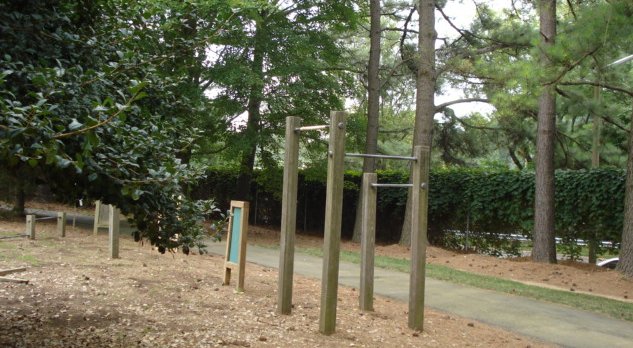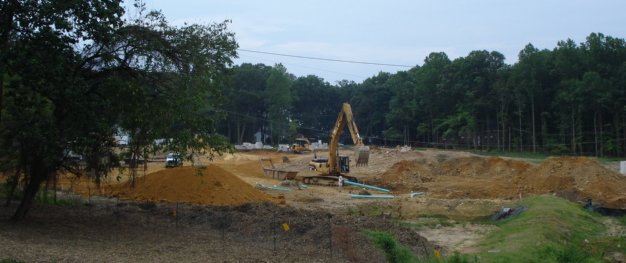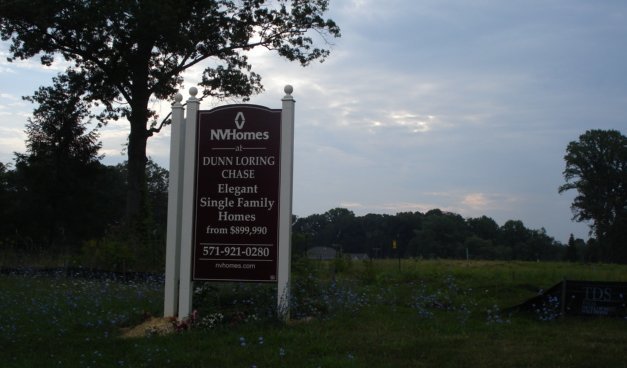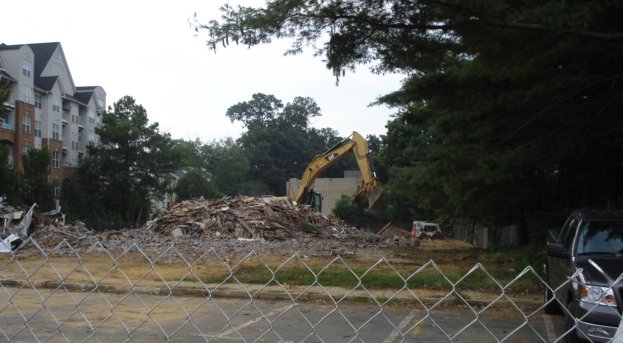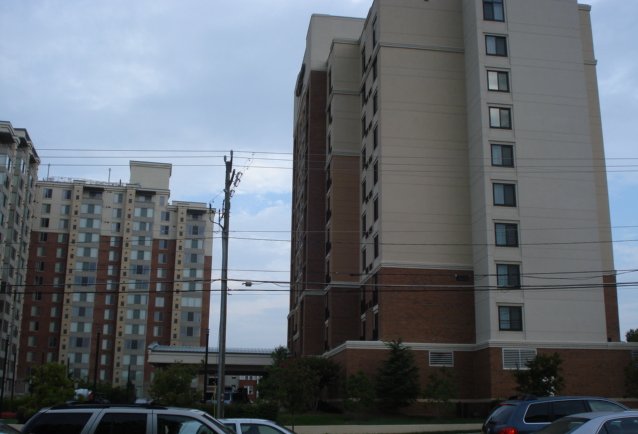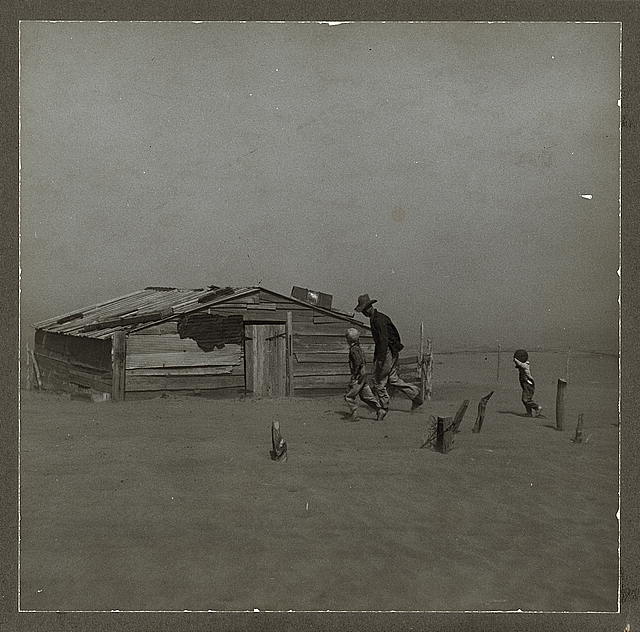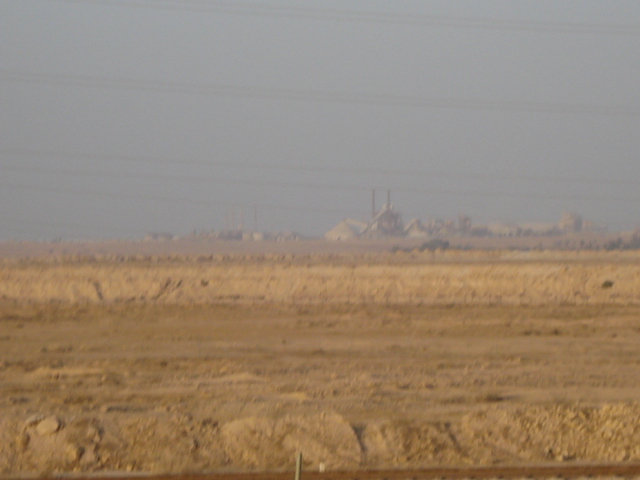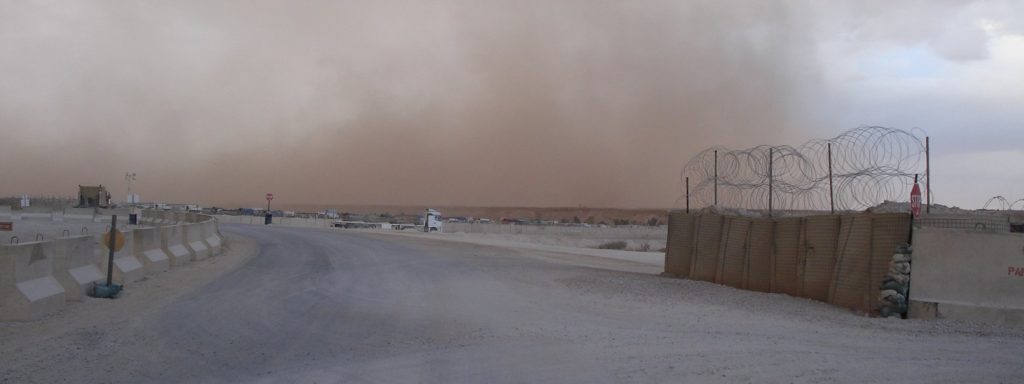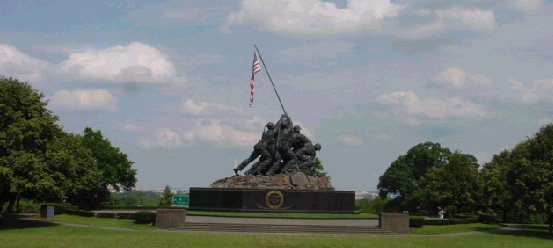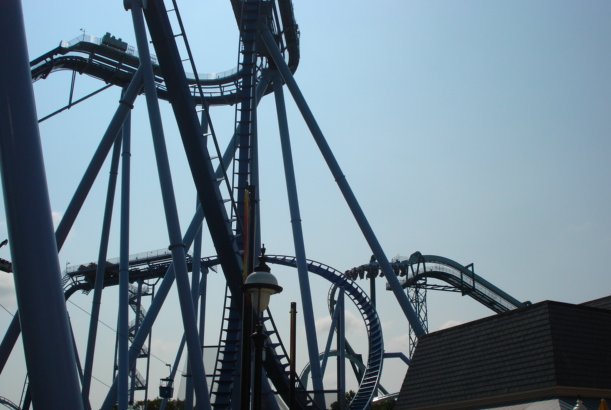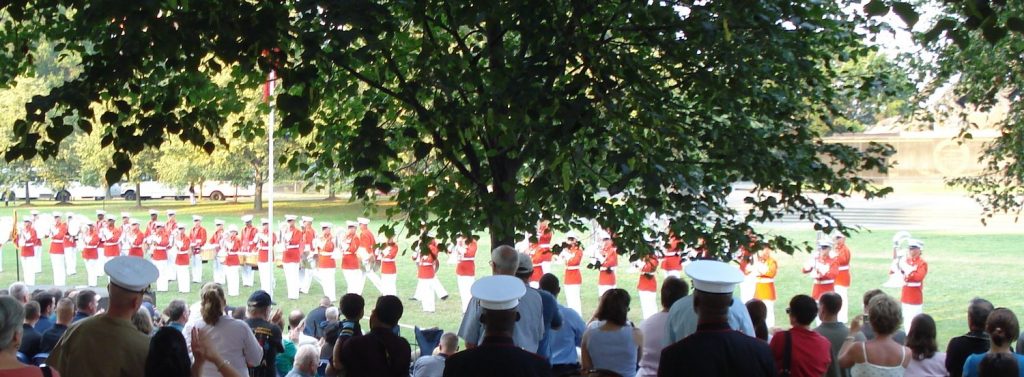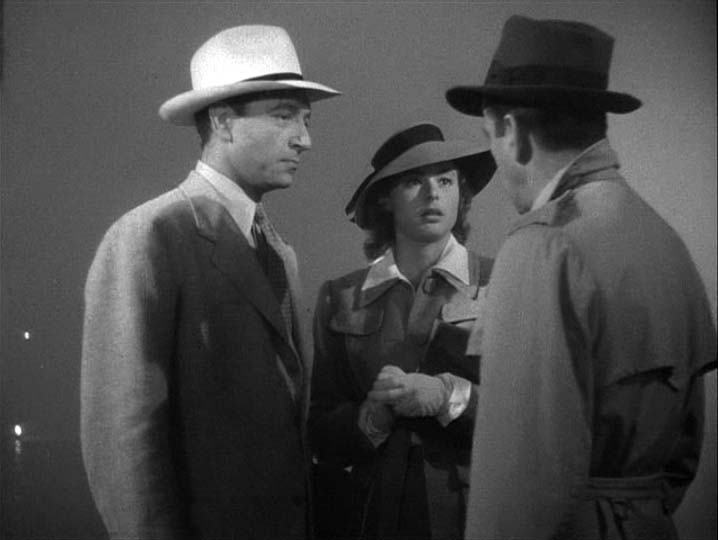Below is from a report by our Ag-Advisor Dennis Neffendorf. It is more interesting than anything I have going on today, so I am posting it. Our overall goal is to make the sheep herds healthier, more productive and smaller. As I mentioned in an earlier post, we estimate that there are at least 1/3 more sheep on the range than the land’s sustainable carrying capacity.
Ironically, low productivity, poverty and inefficiency tend to create a lot more destruction than prosperity. Poor people tend to be bad stewards of the land because they need to take more desperate measures, like grazing too many low quality sheep, so we think that improving productivity and bringing shepherds more into the market economy is a win for the people, for the counter insurgency and for the environment.
QRF finds an Excellent Process to Train and Assist Sheep Herders in Western Anbar for Wool and Herd Management

Awassi sheep are the economic soul of Western Al Anbar. There are three sub-breeds in the Al Asad area. All produce productive lamb and are superbly adapted to the harsh conditions of Iraq’s western desert. Their fat tail is a key to their survival. It functions as a reservoir of fat and moisture. Other breeds have been tried and expensive research was done to try to find a better breed of sheep for the Jazira Desert of Iraq; all have failed.The Awassi has an open face that permits efficient grazing the thorny plants of prickly dry grass. Beyond that, the sheep can maintain excellent vision for grazing, but the absence of wool in the face allows the animal to maintain a cooler body temperature and adapt to temperatures well above 120 to even 135 degree F in the desert. They also lack wool on their legs and under stomach, which in addition to keeping the animals cooler also contributes to its tremendous ability to move across the desert. The tremendous fat tail provides a source of energy for the animal that allows it go for days without eating. This tails allows the animal to drink water during the day. Other breeds across the world can not handle the hot desert water. This unique ability to drink this very warm water the secret is in the tail.
So when a Sheik offers you a piece of prime tail at his home he is offering you one of the finest secrets of the desert to survival of this harsh climate.
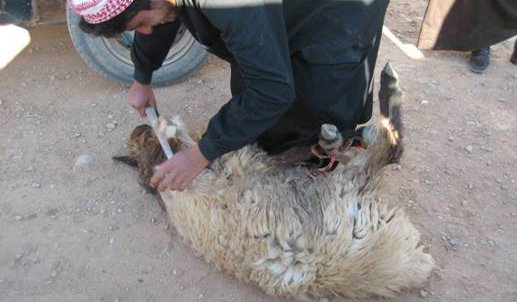
Shearing an art that has been done for many generations, here in Anbar much to everyone’s surprise is still done with swords. Yes indeed swords! These swords are laid along side the belly of the animal and cutting of wool is done in a well designed pattern along the length of the body of the animal. This process has worked for many years and it sure allows the herder to harvest his wool in parts of Iraq that do not have electricity. This technique will take the shearer from 30 to 40 minutes to shear an animal and the only maintenance is the sharpening of the swords. It is a laborious process and wool is mainly used within the confines of the community and not currently taken to textile mills or international buyers and marketers of wool. The absence of commercial shearing in Western Anbar has created a negative effect on herd condition, health and has impacted the economic potential of the typical sheepherders in Western Anbar. Without the use of current technology and techniques in wool management, shearing, tagging, grading and marketing of wool has severely degraded not only the economy of the sheepherders family but has further degraded the land resource base of the Jazira Desert.
Quick Response Funds set up by the Department of State provided an avenue for training, providing updated equipment and grading of wool. Programs like this directly enhance the capacity of the Iraq sheep herders but provide a relationship with local wool producers that produce a friendship that will last for years to come.
The training program will provide hands on experience of shearing and proper use of lister equipment. Once the wool is shorn, training will also be provided on body condition and fertility of producing ewes. The wool will be graded out to International Standards to provide a competitive marketable product to textile mills. Wool has many secondary uses not only the use of lanolin for oil but can also be used as an insulation material for homes and business. This of course has to be properly processed.
Sheep are one the few agricultural animals that provide two economic sources of income to the producer. First the wool and then second a very desirable meat. Bringing in animals for shearing and tagging allows the opportunity to check for parasites both externally and internally. The consumption of healthier lambs is also a direct link to the healthier people that consume these meat products.
Other nice positive benefits of overall sheep and wool management is that wool can be shorn and corded to make their own thread, high dollar rugs and clothing material around the home. It can provide additional household income and many of the handmade products lead to a more comfortable life style and economic growth.
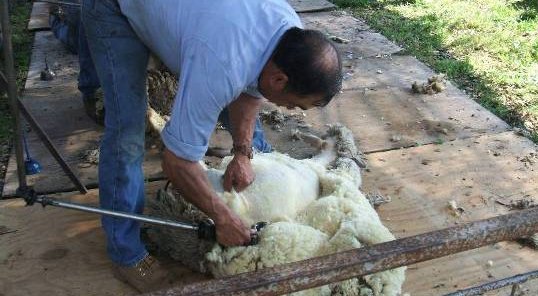
Shearing is an art that takes patience, skill, keeping the lister sharp and not cutting the merchandise to avoid infection and other potential problems.
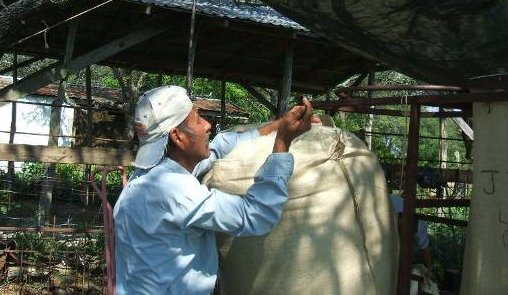
After the wool is graded and sorted then it goes in the wool bag for marketing.


